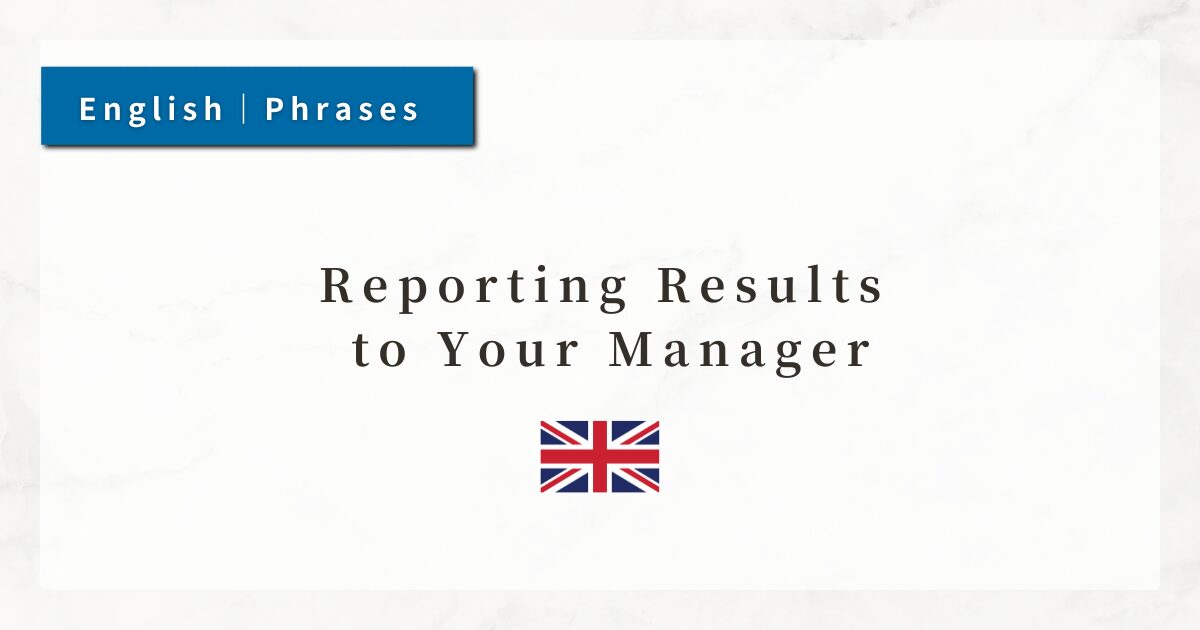#33 Cooking a Meal Together|English Dining Phrases

When staying abroad, you may often have the opportunity to cook together with friends or prepare a meal for others.
In such situations, being able to say things like “What are you cooking?”, “Can I help?”, or “Could you chop this?” in English will make communication smoother and help you connect more deeply with people.
In this lesson, I explain useful English expressions and grammar points for when you cook with others, along with sample dialogues.
Dialogue

What are you cooking?

I’m making spaghetti with tomato sauce.

That sounds great. Can I help you with anything?

Thank you. Could you chop the onions for me?

No problem. Do you need them finely chopped?

Yes, please. And be careful with the knife.
1. Using the Present Continuous to Say “I’m Doing ~”
In English, when you want to say “I’m in the middle of doing something,” you use the present continuous tense, which is “be + verb-ing.”
- I’m making spaghetti with tomato sauce.
The present continuous highlights an action that is happening right now, making it suitable when you are cooking or preparing something.
- I’m baking a cake.
- She’s chopping vegetables.
You can also use it in questions like: “What are you cooking?”
2. Offering Help Politely
When you want to offer help in a polite and friendly way, use:
- Can I help you with anything?
While “Can I help you?” is fine, adding “with anything” softens the tone and makes it sound more considerate.
This phrase is not limited to cooking—it can be used at home, at work, or in school situations as well.
3. Making a Polite Request
To ask someone to do something politely, use “Could you ~?”
- Could you chop the onions for me?
Adding “for me” gives the meaning “on my behalf,” making the request sound kind and courteous.
- peel – to remove the skin
- slice – to cut into thin pieces
- stir – to mix
- boil – to cook in hot water
4. Asking About How to Cut or Prepare Ingredients
When you want to confirm “how finely or roughly”something should be cut, say:
- Do you need them finely chopped?
Here, “finely chopped” uses an “adverb + past participle” to describe the desired state.
- finely chopped
- coarsely chopped
- thinly sliced
- roughly cut
These expressions frequently appear in recipes and cooking videos.
5. Expressing Caution When Handling Utensils
Use “Be careful with ~” to tell someone to be careful when using tools or handling situations.
- Be careful with the knife.
This phrase can also be applied to people or general situations:
- Be careful with hot water.
- Be careful with that glass.
Summary
- I’m making ~.
→ Used to describe what you are currently cooking. - Can I help you with anything?
→ A polite way to offer help. - Could you chop ~ for me?
→ A standard way to ask for assistance. - Do you need them finely chopped?
→ Used to confirm how something should be prepared. - Be careful with ~.
→ Used to remind someone to handle tools or situations carefully.




